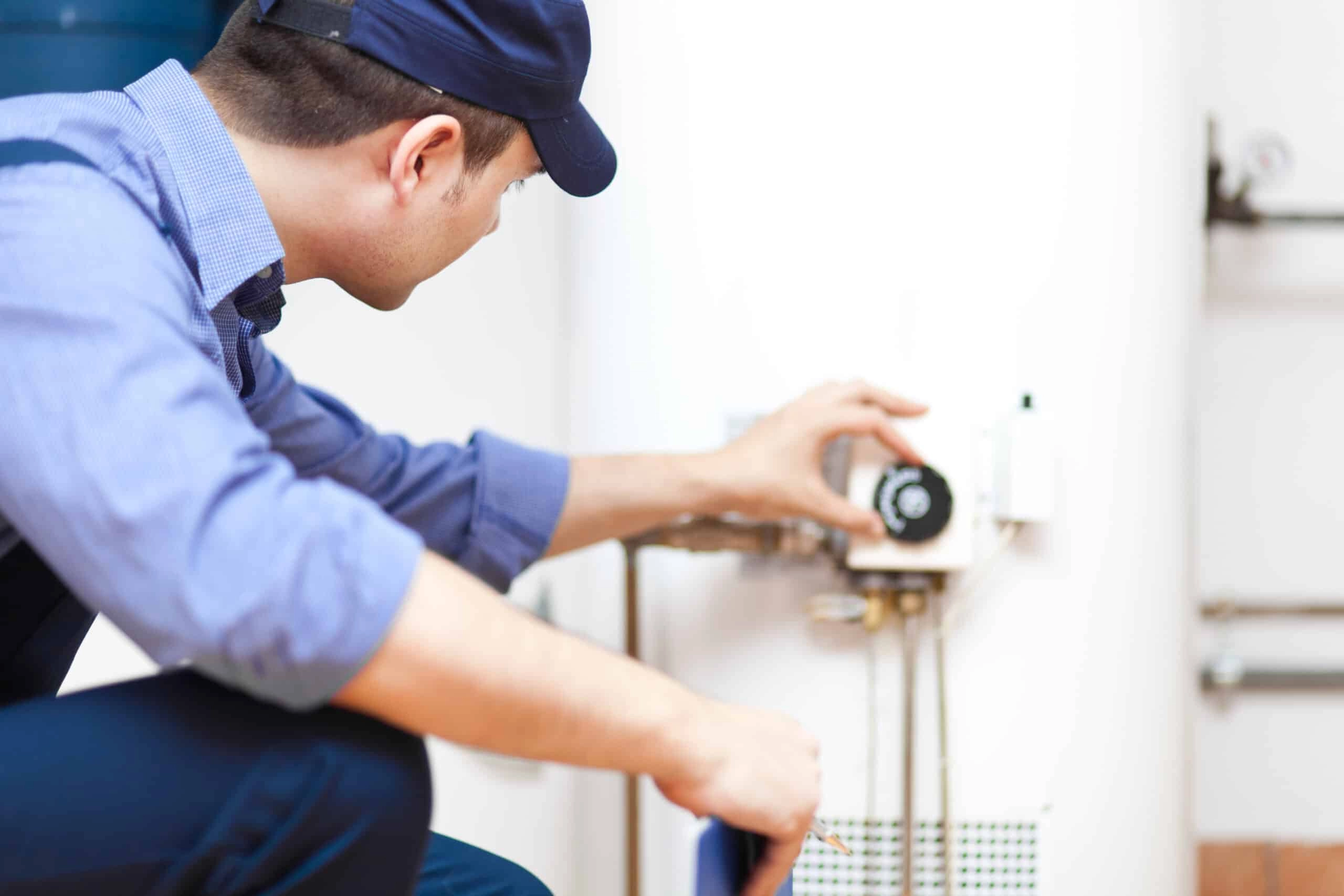
What Happens During a Plumbing Inspection?
Your Local Philadelphia Plumbing Team
When it comes to maintaining a safe and efficient home, understanding the importance of a plumbing inspection is crucial. At Goodman Plumbing, we often encounter homeowners who are unaware of what a plumbing inspection entails and its significance. To demystify the process, let’s walk through what happens during a plumbing inspection.
1. Initial Assessment and Consultation
The plumbing inspection kicks off with an initial assessment. Our skilled contractor will consult with you to understand any specific concerns or issues you’ve noticed. This step is essential for tailoring the inspection to your home’s unique needs.
2. Visual Examination of Fixtures
The inspection starts with a thorough visual examination of all plumbing fixtures, including sinks, toilets, bathtubs, showers, and faucets. Our experts look for signs of wear and tear, leaks, corrosion, or damage that could indicate underlying issues.
3. Checking Drains and Water Pressure
A key aspect of the inspection involves checking drains for speed of drainage and potential blockages. Slow drainage can be a symptom of deeper issues. Additionally, water pressure in various parts of your home is tested to ensure it’s at an optimal level. Both high and low water pressure can signal plumbing problems.
4. Inspecting Pipes and Shutoff Valves
Our technician will inspect accessible pipes for signs of corrosion, leaks, or damage. This includes checking the condition of shutoff valves, which are critical in emergencies. We also assess the insulation of pipes to ensure they’re protected against freezing temperatures.
5. Water Heater Inspection
The water heater is a vital component of your plumbing system. The inspection includes checking the heater’s age, condition, temperature settings, and safety controls. We also look for signs of corrosion or leaks around the heater.
6. Sewer System and Septic Tank Inspection
If applicable, the sewer system and septic tank will be examined. This may involve using specialized cameras to inspect sewer lines for blockages, damage, or other issues. For septic tanks, we check for leaks, sludge levels, and the field line system’s health.
7. Testing Sump Pumps and Backflow Devices
In homes with sump pumps, we test their operation to ensure they’re ready for heavy rains. Backflow prevention devices are also inspected to make sure they’re functioning correctly to prevent contaminated water from entering the clean water supply.
8. Detailed Report and Recommendations
At the conclusion of the inspection, we provide a detailed report of our findings. This report will outline any issues discovered and recommend necessary repairs or maintenance. Our goal is to ensure that your plumbing system is efficient, safe, and up to code.
9. Proactive Measures and Maintenance Tips
Finally, we offer advice on proactive measures and routine maintenance practices. This guidance helps in extending the life of your plumbing system and preventing future problems.
Schedule Your Inspection With Our Philadelphia Plumbers Today
A plumbing inspection by Goodman Plumbing is a comprehensive evaluation of your home’s entire plumbing system. It’s designed to identify current issues, potential problems, and areas for efficiency improvements. Regular inspections are a proactive approach to maintaining your home’s plumbing health, saving you from costly emergency repairs down the line. Schedule your plumbing inspection today and invest in the longevity and efficiency of your home’s plumbing system.
